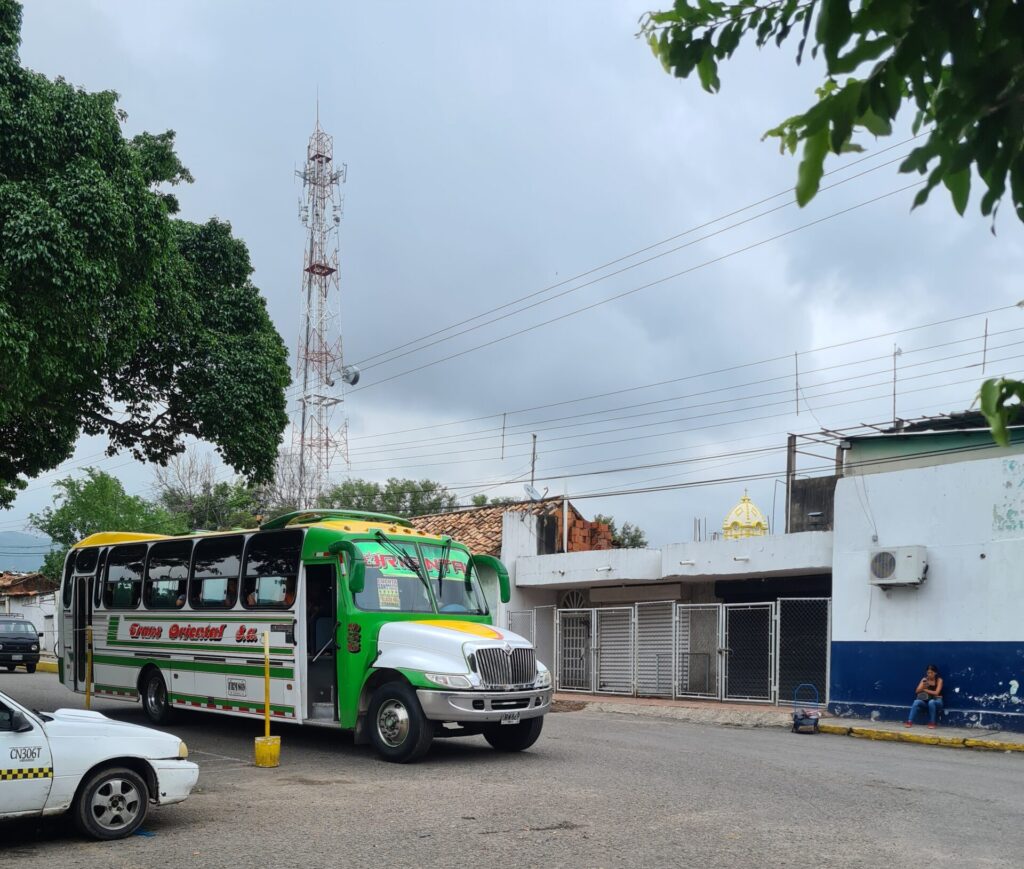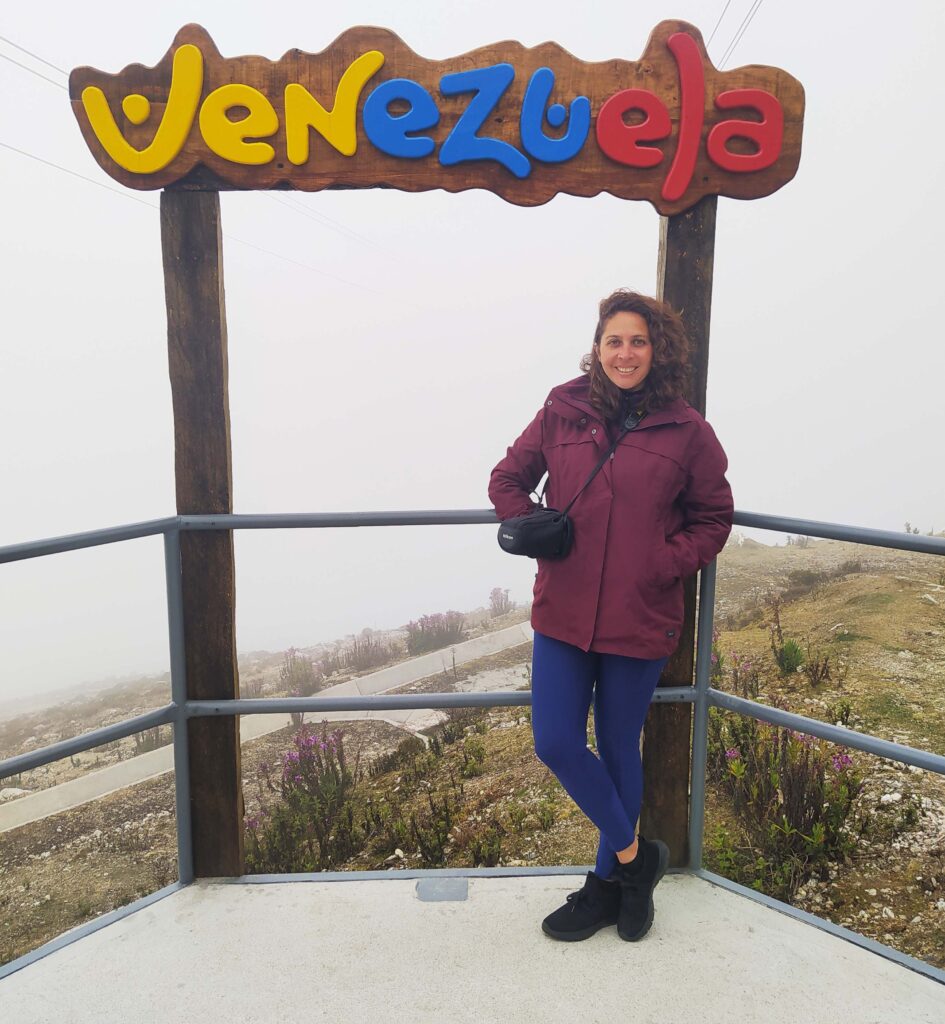When planning a trip to Venezuela, many travelers are concerned about safety and logistics. As someone born in Venezuela who recently visited, I can share that the experience isn’t as daunting as some might think—especially if you’re prepared. However, for non-Spanish speakers or budget travelers, navigating the country independently can be challenging.
Table of contents:
- Introduction
- How to Travel Safely in Venezuela
- Is Venezuela so dangerous?
- Challenges Tourists Face in Venezuela
- The Safest Places to Visit in Venezuela
- Essential Tips for Traveling in Venezuela
- Additional Travel Tips
- Is Venezuela Worth the Visit?
Is Venezuela so dangerous?
No, this is my honest response. Venezuela has been plagued by political unrest in recent years; for wealthy countries, this signifies that Venezuela is a dangerous place to visit, but the reality is far from that.
The truth is that many “malandros” have left the nation as a result of the massive immigration that has distinguished the last ten years; this is controversial, but Venezuela seems safer to me than it was twenty years ago.
Poor people are not necessarily dangerous people; you might be surprised at how many good and cool people you might meet on your travels.
However, this does not imply that you can maintain a beehive in the same way as you could in Europe. You constantly need to be careful, and sometimes the “good guys” are worse; remember that the corruption in Latin America is probably thee
READ ALSO http://gochaontheroad.com/can-you-travel-to-south-america-without-knowing-spanish/
If you’re flexible with your budget, consider hiring a travel agency. They provide experienced guides, safe transportation, and curated tours that make your trip stress-free. For adventurous travelers, following a few key safety tips is essential.
READ ALSO http://gochaontheroad.com/backpacking-in-venezuela-guide-2024/

How to Travel Safely in Venezuela
Dress Modestly: Avoid wearing flashy clothes, expensive accessories, or obvious tourist gear. Keep your phone hidden while walking around.
Stay Confident: Walk with purpose, avoid isolated areas, and stick to crowds.
Carry Minimal Cash: Bring only small banknotes for day-to-day expenses. Carry backup cash in a separate, secure location.
Use a Backup Phone: A basic, inexpensive phone can be handy for navigation and communication.
Stick to Trusted Transportation: Use recommended taxi services or drivers arranged by your hotel or agency.
Challenges Tourists Face in Venezuela
Despite recent improvements, some challenges persist:
1. Fuel Shortages: Rural areas often experience fuel scarcity. If you’re planning a road trip, be prepared for long queues at gas stations or consider buying fuel at higher rates from resellers.
2. Unstable Currency: The Venezuelan Bolivar fluctuates daily due to inflation. While USD is widely accepted, make sure to check current exchange rates and plan your budget accordingly.
There are two types of exchanges:
One is “dollar parallelo” that increases with the country’s inflation and you can check it on IG @monitordola. This is mainly used by small shops or private agencies.
The second one is aligned with the central bank of Venezuela, and is used by all the public institutions or big shops. You can check it in IG @bcv.org.ve
3. Connectivity Issues: Mobile data and SIM card availability can be unreliable sometimes. Obtain a SIM card from local providers (Movistar, Digitel, or Tencel) upon arrival. The most reliable one for remote places is tencel, but it depends on the area

The Safest Places to Visit in Venezuela
Here are some must-visit destinations that offer both beauty and relative safety:
1. Los Roques Archipelago: A tropical paradise with over 350 islands, renowned for its crystal-clear waters and vibrant marine life.
2. Canaima National Park: Home to Angel Falls, the tallest waterfall in the world. The local Indigenous communities are welcoming and the area is well-protected.
3. Margarita Island: Known for its beaches and laid-back atmosphere, it’s safer than many mainland destinations but requires caution.
4. Mérida: A haven for mountain enthusiasts, this charming city offers cool weather, kind locals, and a relaxed vibe.
Read more: http://gochaontheroad.com/what-to-see-in-merida-venezuela-as-a-local/
5. Small Towns: Many small towns and rural communities provide a safer alternative to larger cities.
- Is Caracas Safe for Tourists?
The capital, Caracas, has seen some improvements in safety but remains a challenging destination for foreign tourists. If you plan to visit, arrange a tour guide or trusted local contact for a more secure experience.
Essential Tips for Traveling in Venezuela
- How Much Money to Bring:
Bring USD or Colombian Pesos (if near the border). Use the official exchange rate from Venezuelan Central Bank Instagram. Divide your cash across different pockets for safety.
- Payment Options:
Hotels often accept Wise, PayPal, or American bank transfers. Many big establishments take Visa/Mastercard. But for any small shop you must have cash, because the card machine is mainly used for Venezuelan bank accounts, so avoid relying on local ATMs.
To get some cash, go inside a bank to ask for help with your exchange.
- SIM Cards:
Purchase from mobile centers like Movistar, Tencel, or Digitel. Bring your passport, and note that there are no centers at the airport.
- Transportation:
Public transportation is unreliable in terms of time, but it works; you need to ask for directions, it is not easy to understand where they go. Use verified taxi services or apps like Ridery in major cities.
- Hotels:
It is possible to use the common platform to book your accommodations, but if you are looking for something more traditional or cheap, calling the place can be the better option for you. Use google maps to search for humble Posadas or hotels then call them.
- Check with locals/travel agencies for political issues:
Because of its unstable political context, you must stay informed about what is occurring there. The greatest method to gather accurate information without making the news sensational is to ask the people who live there, how? through travel companies, hotels, friends, or, better yet, couchsurfing.
Additional Travel Tips
When to Visit: December through April is the dry season, ideal for visiting beaches and national parks.
What to Pack: Bring lightweight clothes, a refillable water bottle, sunscreen, and a power bank.
Cultural Tips: Learn basic Spanish phrases to communicate better with locals. Venezuelans are generally hospitable and willing to help travelers.
Is Venezuela Worth the Visit?
Traveling to Venezuela can be a unique and unforgettable experience if approached with caution and preparation. Its natural wonders, warm people, and cultural richness outweigh the challenges for those who plan ahead.
Have you visited Venezuela? Share your experience or questions in the comments below!
Want to visit a hidden Gem In Venezuela?
READ MORE: HERE
